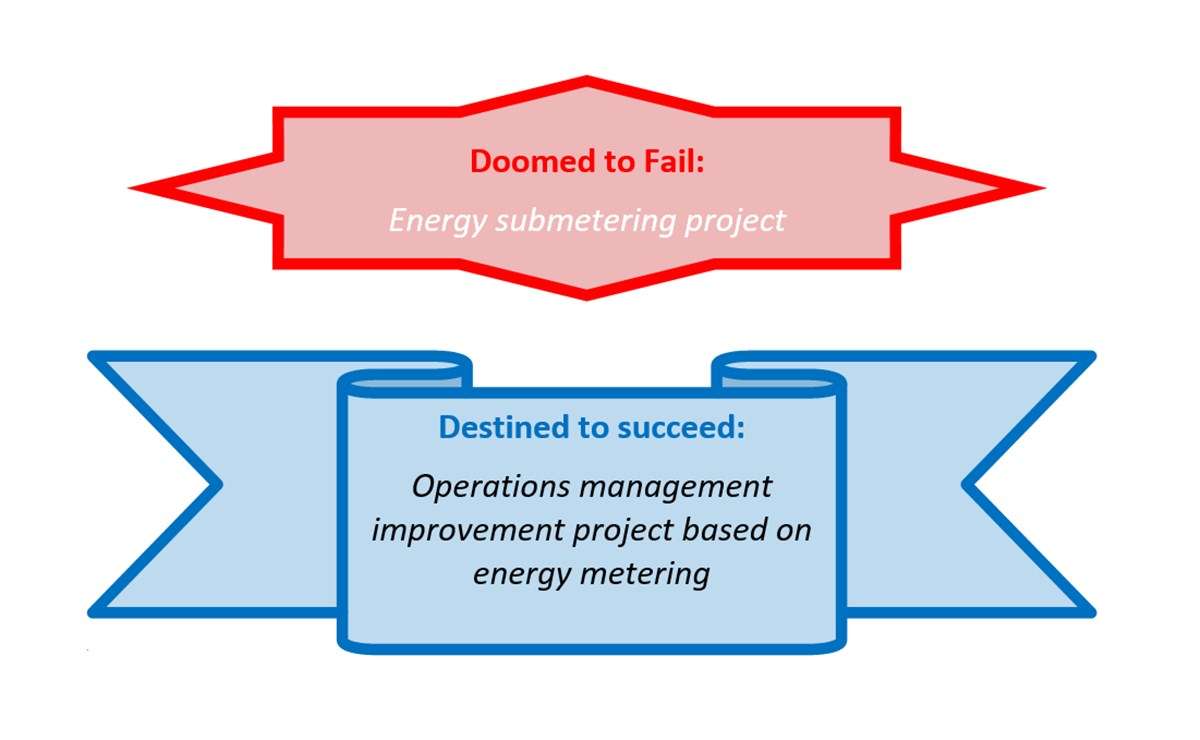A trivial question, which does not have a simple answer without the context.
Consider a plant that in the last month used 1,000,000 kWh to produce 10,000 units and paid $15,000 for electricity. Does kWh cost $0.15? Is energy cost per unit $1.5?
- Yes, No and Maybe.
Cost or value of a kWh depends on how this number will be used.
Although this may be not what your CFO wants to hear, this is the reality of Ontario electricity market for businesses.
Structure of industrial electricity bill in Ontario
Before we go any further, let us take a closer look at a monthly electricity bill. Exact bill structure differs from one utility to another; however, numerous lines can be aggregated into four categories:
- Energy cost; calculated per total kWh based on weighted average spot market price
- Delivery cost; calculated per peak kW based on fixed rates
- Global Adjustment; calculated per total kWh for Class B based on rate that varies from month to month and per demand during annual peak hours for Class A.
- Administrative fees; unrelated to peak demand and consumption.
Despite populist belief, the sum of all parts constitutes the cost of electricity used at the plant.
What is the energy cost/value in different contexts?
With this structure in mind, let us figure out the most appropriate answers about cost of energy in several contexts.
Last month product costing
What was the electricity cost per unit and per kWh last month?
- $1.5 per unit, 15c per kWh
Next month product costing
What will electricity cost per unit and per kWh if production, consumption pace and volume stay the same next month?
- Maybe $1.5 per unit and 15c per kWh, but these are not exact numbers.
If peak demand stays the same, then ‘delivery cost’ will be the same. ‘Energy cost’ will result from weighted average spot market price. The GA will stay the same for Class A, while for Class B the GA will vary, based on consumption and allocation rate of this month.
Electricity cost in production
If plant adds night shifts next month to produce another 20,000 units, will electricity bill increase by 20%?
‘Energy cost’ will increase by less than 20% due to lower night rates, ‘delivery cost’ will stay the same; GA will be the same for Class A or will increase by the product of 20% and unknown rate for Class B.
If plant cancels Friday shifts due to a 20% production drop next month, will hydro bill drop by 20%?
‘Energy cost’ will drop by 20%, assuming consumption if fully flexible; ‘delivery cost’ will stay the same, GA will be the same for Class A or will decrease by the product of 20% and to-be-determined monthly rate for Class B.
If plant reduces number of machines used due to 20% production drop next month, will hydro bill drop by 20%?
‘Energy cost’ will drop by 20% assuming consumption if fully flexible, ‘delivery cost’ will decrease if turned off machines contributed to monthly peak, GA will be the same for Class A or will decrease by the product of 20% and unknown rate for Class B.
How does all this affect economic value of energy efficiency and energy conservation projects? We will discuss this in the next post.







Leave A Comment